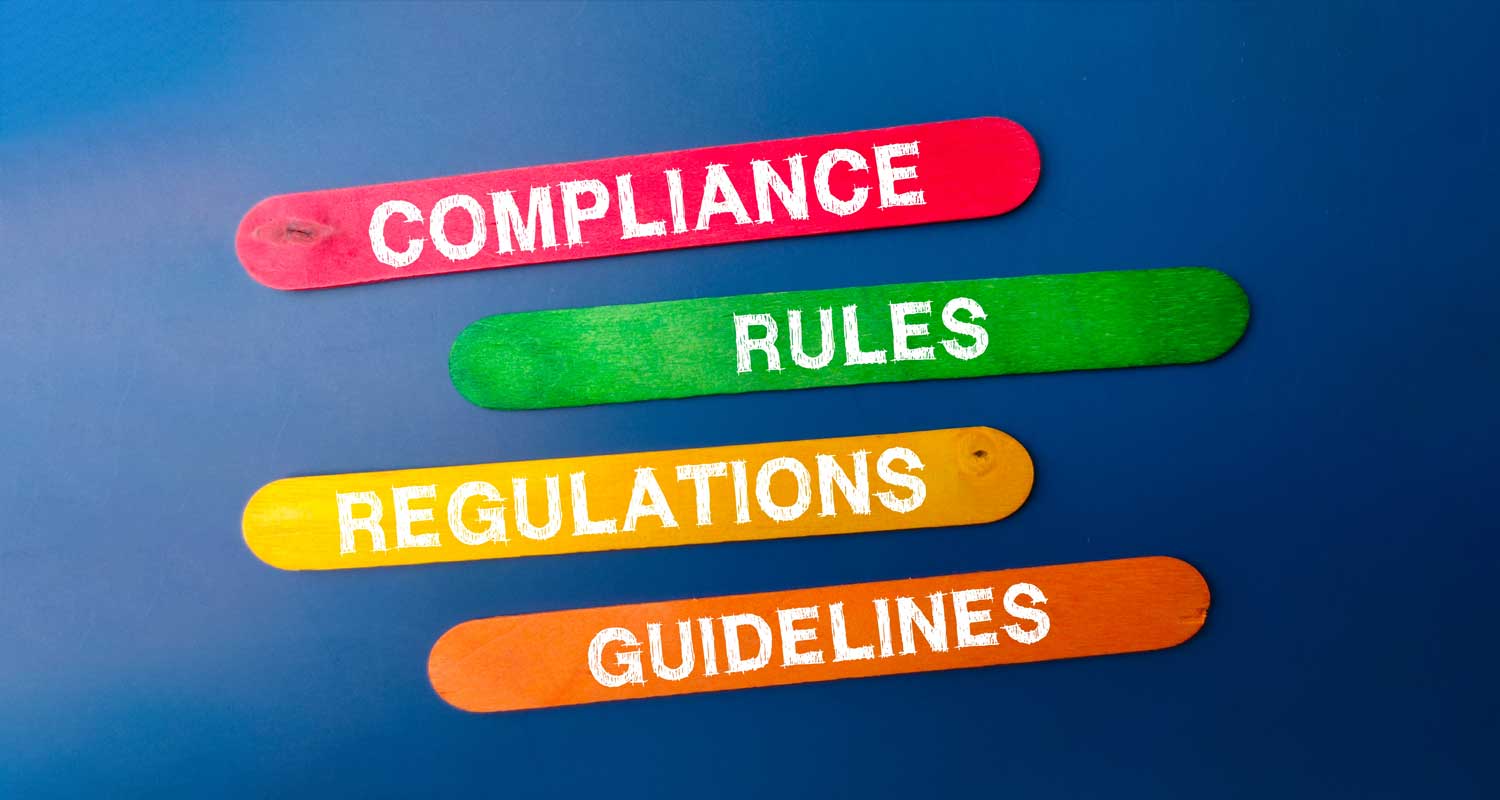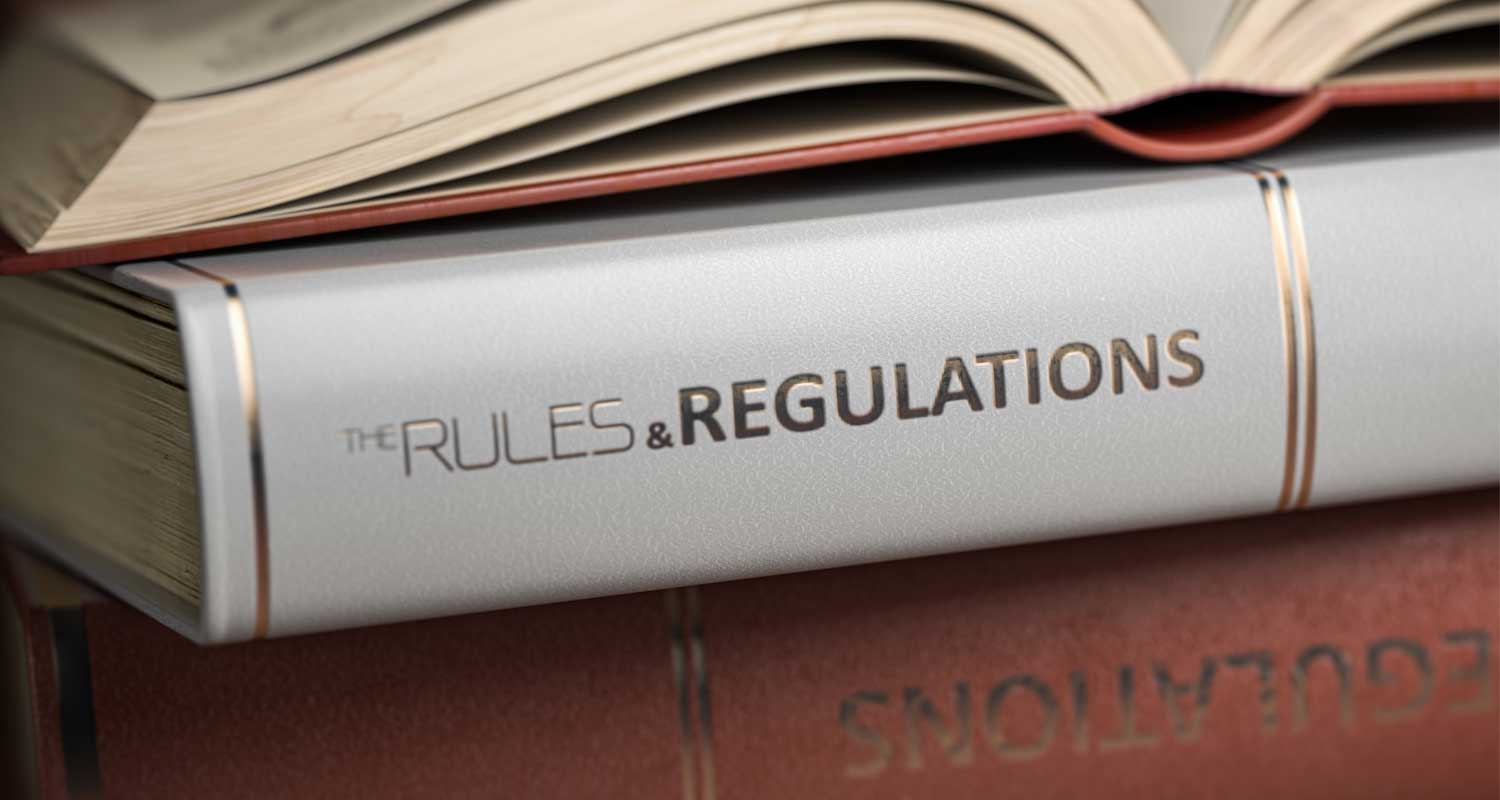 Big technology companies have brought the 21st century some of its greatest innovations. Amazon.com, Google search, Apple’s iPhone and other digital products have made people’s lives immensely more convenient and productive — a consumer benefit worth, by one estimate, more than US$2.5-trillion/year. They deservedly dominate their respective markets.
Big technology companies have brought the 21st century some of its greatest innovations. Amazon.com, Google search, Apple’s iPhone and other digital products have made people’s lives immensely more convenient and productive — a consumer benefit worth, by one estimate, more than US$2.5-trillion/year. They deservedly dominate their respective markets.
It’s true that such dominance can at some point threaten competition. Increasingly, EU officials are taking it upon themselves to decide where that line should be drawn. They should take care not to merely punish success, and remember that red tape often does more harm than good.
To an extent, the tech giants would be remiss not to exploit their scale. Amazon runs the world’s largest online marketplace, so why not sell its own products, too? App developers want to reach the iPhone’s 1.5 billion users, so why not connect them through a proprietary app store and payment system? Google handles 90% of web searches; offering services such as comparison shopping surely makes sense. For consumers, the result is often a simpler and more seamless experience.
Yet it’s easy to cross a line. With its control of data and search results, Amazon might treat the small retailers that depend on it unfairly. Apple and Google can relegate competitors to the back of the app store or to the end of the search results. All have ample resources to co-opt innovative challengers. If anticompetitive conduct isn’t addressed, the result for consumers could be limited choice, worse products or unduly high prices. For the economy, ossification.
The goal, then, should be discouraging anticompetitive conduct — not trying to micromanage businesses or dictate how a given industry should develop.
The traditional approach, antitrust enforcement, is a slow-motion bludgeon. The US justice department’s landmark lawsuit against Google, for example, concerns practices that began decades ago and have long since cemented the company’s dominance in search. All too often, remedies fail or even do damage.
A better way?
The EU believes it has a better way. Its Digital Markets Act sets broad rules of fair play, seeking to head off anticompetitive behaviour in something closer to real time. Much will depend on how regulators apply the vast powers it grants them — including fines that can amount to a fifth of a company’s global revenue. The burden’s on them to prove that the law isn’t merely a stealth tariff on big US tech firms (which it targets as “gatekeepers”), and that they genuinely have the interests of consumers and innovators in mind. Unduly meddlesome regulation could prove disastrous for Europe’s competitiveness.
The evidence so far isn’t great. Thanks to the DMA, which took effect in March, EU consumers have easier access to some apps and web browsers on their smartphones — though to what extent they really want or will use that choice is an open question. At the same time, they’ll miss out on new AI features from Apple and Meta Platforms, which have blamed delays on regulatory uncertainty. One must hope EU officials learnt something from their 2016 General Data Protection Regulation, which has subjected people to endless online cookie-consent menus while harming investment, innovation and firm performance.
 It’s an experiment worth watching. Jurisdictions from the US to Japan are considering legislation similar to the EU’s. If Europe’s regulators would rather produce a model than a cautionary tale, they’d do well to follow a simple maxim: if it won’t make people better off, don’t do it. — (c) 2024 Bloomberg LP
It’s an experiment worth watching. Jurisdictions from the US to Japan are considering legislation similar to the EU’s. If Europe’s regulators would rather produce a model than a cautionary tale, they’d do well to follow a simple maxim: if it won’t make people better off, don’t do it. — (c) 2024 Bloomberg LP




